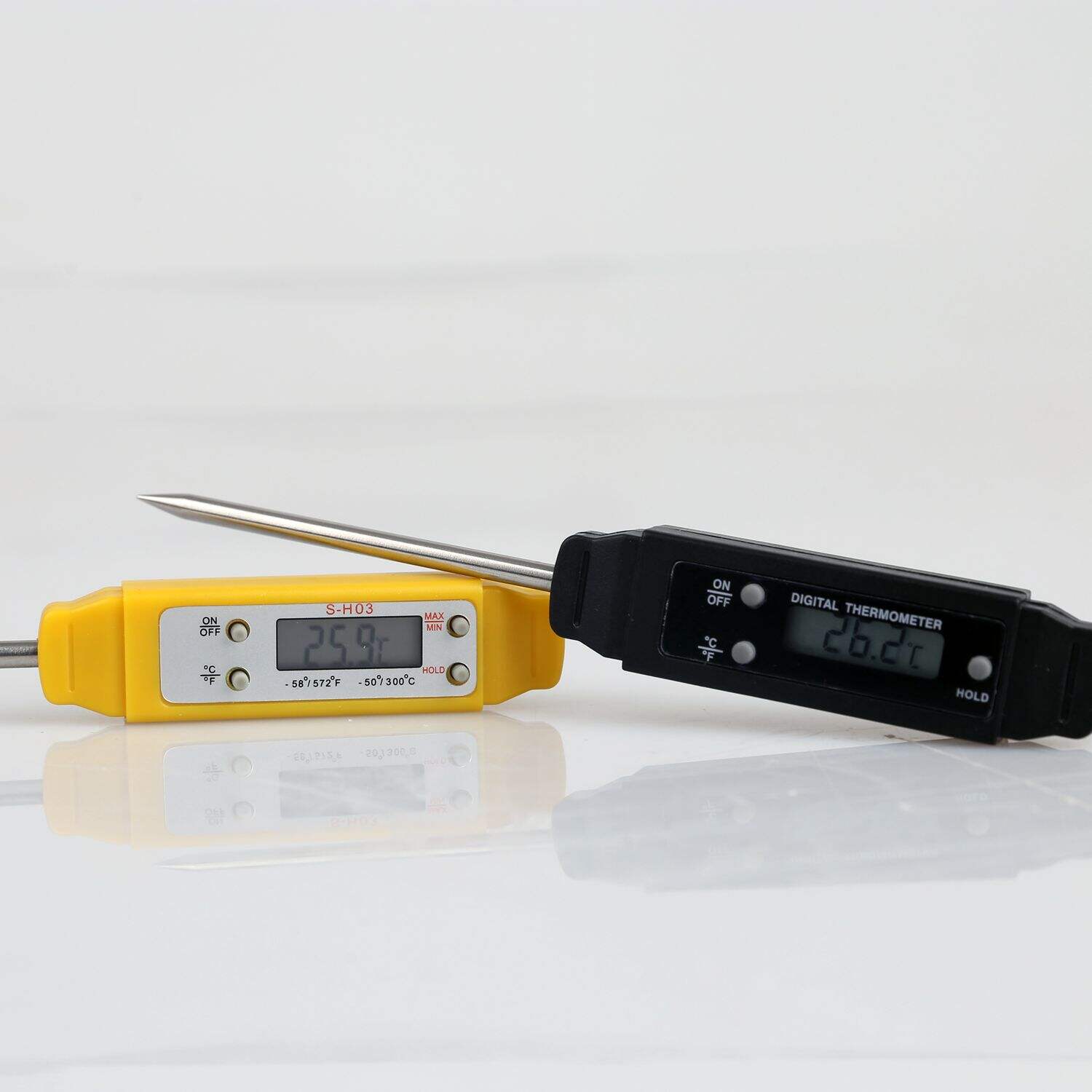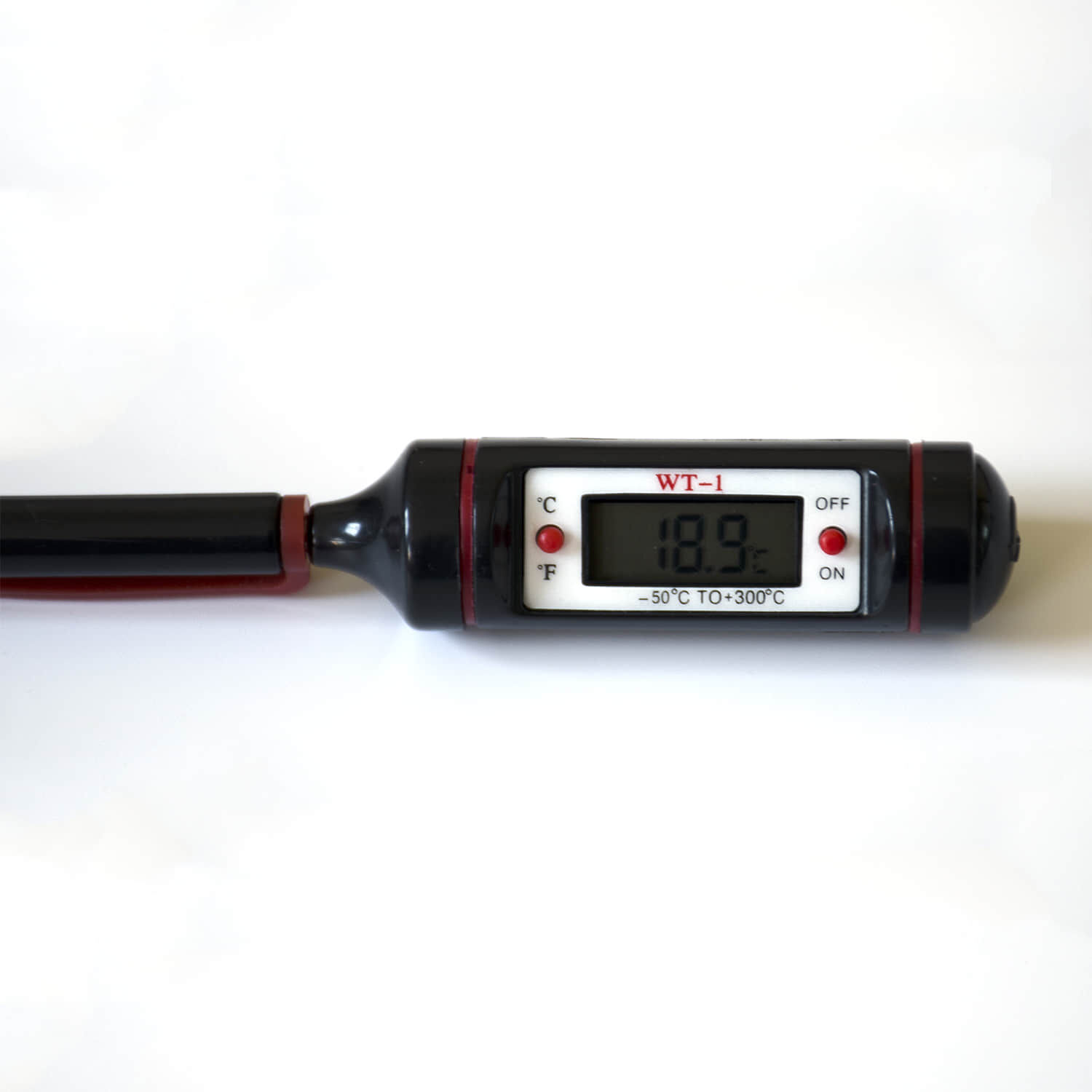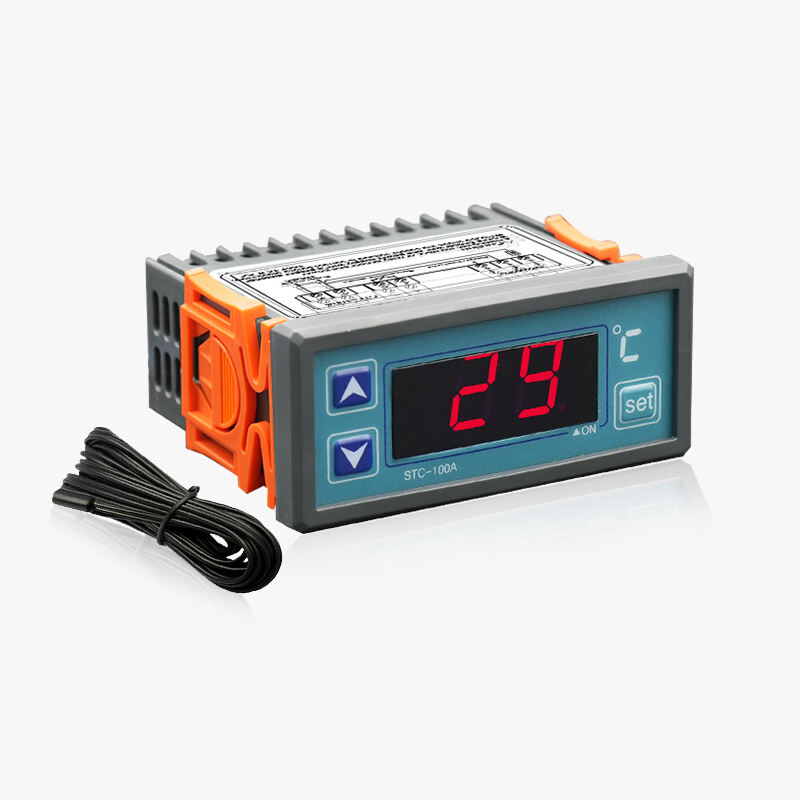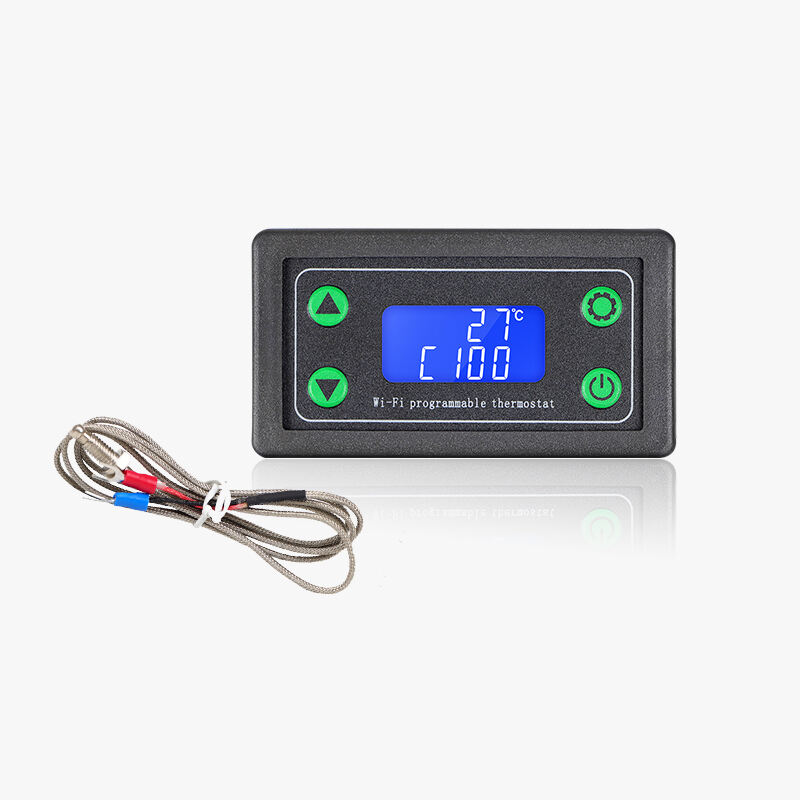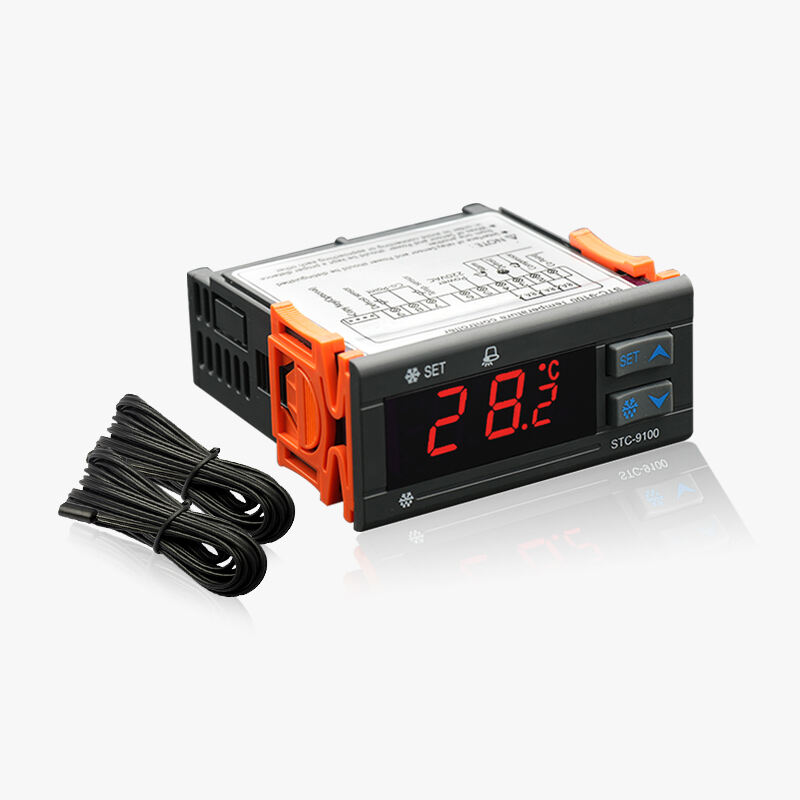Advanced Control Algorithms and Precision
The precision digital temperature controller employs sophisticated PID control algorithms that represent the pinnacle of temperature management technology. These algorithms continuously monitor and adjust the control output to maintain precise temperature stability, with deviations as low as ±0.1°C. The system's auto-tuning capability automatically determines optimal PID parameters by analyzing the thermal characteristics of the application, eliminating guesswork and ensuring optimal performance without manual intervention. This advanced control system also includes anti-windup protection and fuzzy logic enhancement, which work together to prevent overshooting and provide faster response to temperature changes while maintaining stability. The controller's high-speed sampling rate of up to 100ms ensures rapid response to temperature fluctuations, making it ideal for processes requiring precise temperature control.

